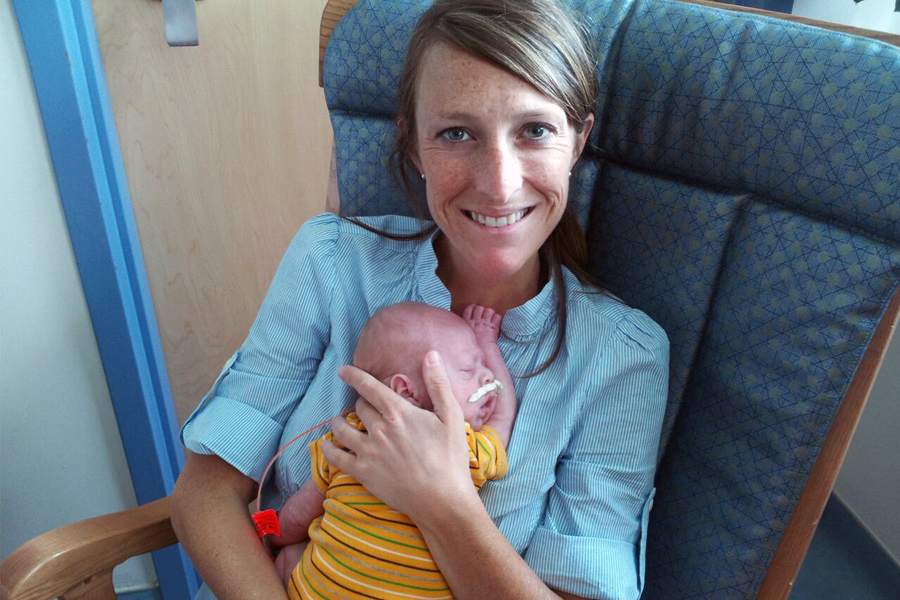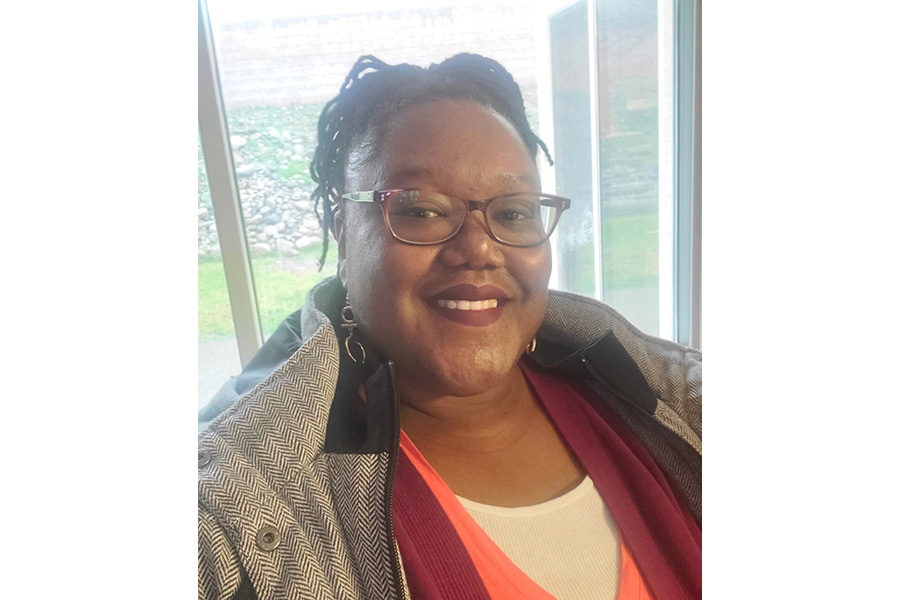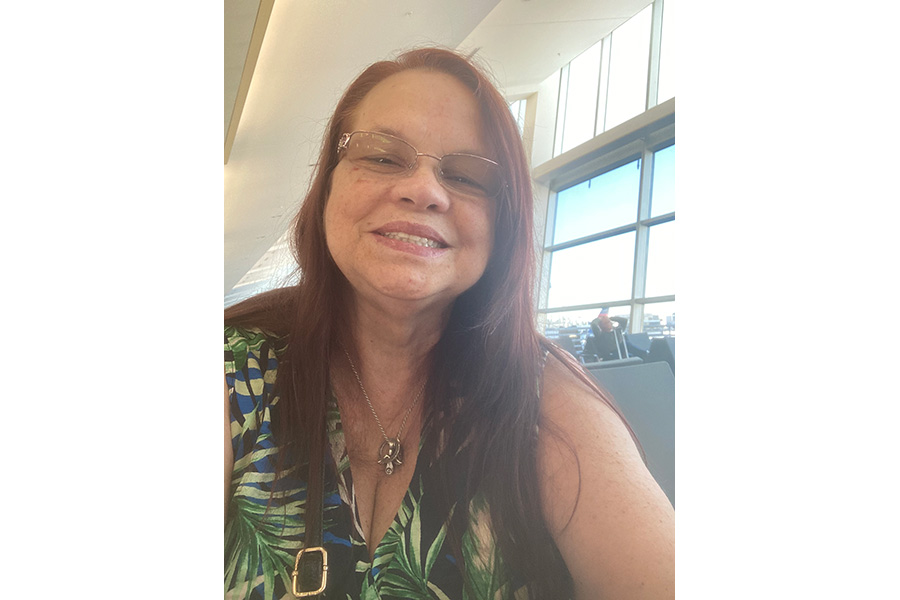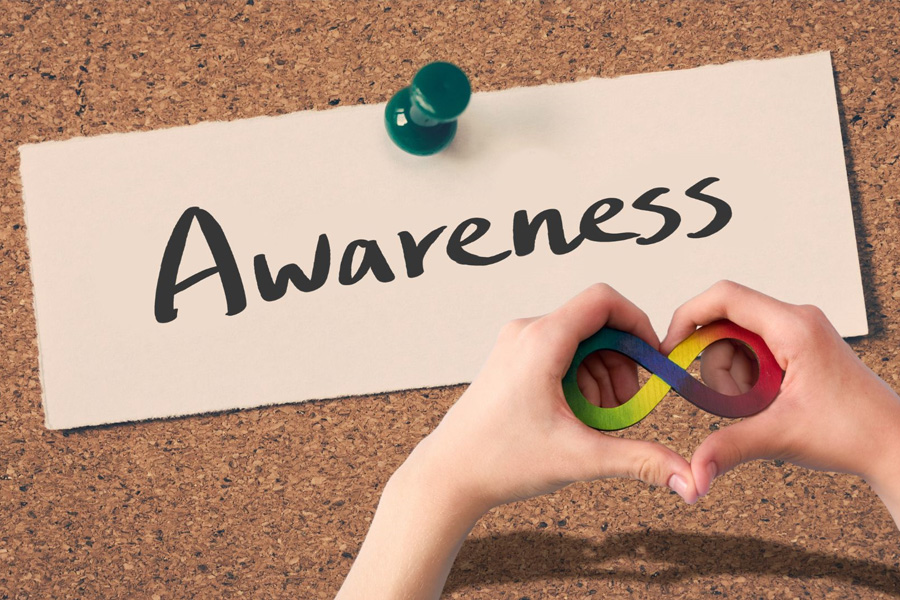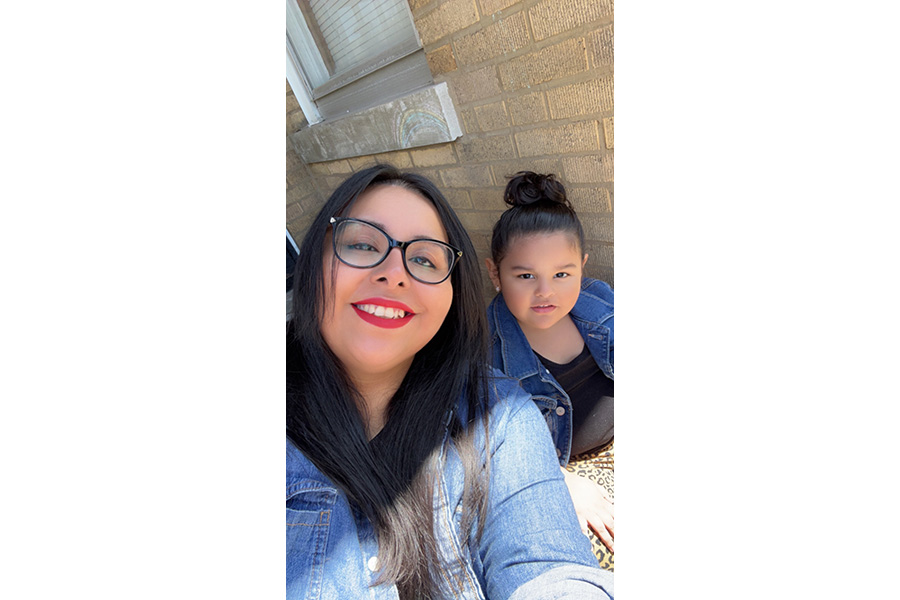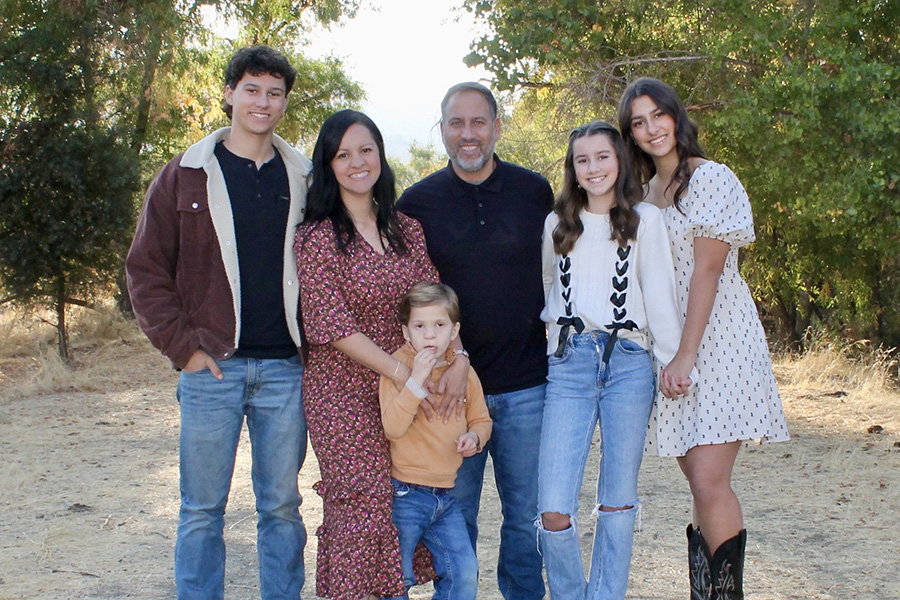How You View Your Past Is a Window into Your Present
I broke up with the man I thought I was going to marry on New Year’s day. What a way to go into a new year, right? The breakup had not been part of the plan. In fact, we had gone to a concert, stayed up way, way past midnight back when I could do that sort of thing and not feel it the next day. And it was a fairly okay time. But later, while we were sitting on a hand-me-down couch in the messy townhouse I shared with too many people, I looked at him and knew. I knew that I did not want to go through the rest of my life having a “fairly okay time.” I wanted more for myself and for him. And so, in one of the braver and more prescient acts of my life, I spent the rest of that day engaging in the long, slow, painful act of breaking up.
I met my husband a few days later. We’ve been married fifteen years.
I can’t tell you how many times I have looked back on the gray, drizzly New Year’s with gratitude for the shift it made in my life. Because of that day, I was already a ship re-orienting on the sea, waiting for my husband who was just a little over the horizon. But of course, I didn’t know that at the time. At the time it was truly terrifying. I wasn’t a ship turning in the right direction. I was a ship sinking.
But just for kicks, let’s flip the script:
Let’s say this marriage of mine is a torturous, slow grind. Every day is an exercise in parenting around conflict with the person who is supposed to help you solve the conflicts. It is Netflix and no chill. It is days ticked off the calendar until the kids graduate. That New Year’s day would look quite different. That guy would be “the one that got away.” That choice to leave him behind would be the beginning of where it all went wrong.
Spoiler: I made the right choice. But also, I believe that how you view your past gives a pretty good insight into how you feel about your present. It’s true in dating life, work life, and also parenting.
I vividly remember the day my son Charlie was diagnosed with cerebral palsy. He had just turned one and was being seen by many specialists, but on this particular occasion in March, we were visiting the developmental clinic.
It had been a year of ups and downs. He finally came home from the NICU at three months old and we were free! But he also relied on a tracheotomy to breathe and later, a g-tube to eat. He was the happiest kid you ever met! But he was also not crawling or sitting up for very long. I knew, going into the appointment that CP was more a probability than a possibility.
It still did not stop the airplane wallpaper from spinning trippily when the doctor informed me in her brusque tone that based on their testing that day and his medical history, cerebral palsy was officially the diagnosis going in his chart.
As we wound our way slowly through the parking garage to our car, stopping occasionally so that I could suction out his trach, I felt all the fear of the unknown: fear of what this would mean for his future in school, after school, and in life in general.
Charlie is eleven now. A decade has passed since that day and I have processed that diagnosis differently through the years. After the fear came anger—at myself and all the things I imagined I could have done differently, at the doctors for their curtness and for not seeing Charlie as a whole person, and at the universe for the cards it had dealt my son. Later, I slipped out of anger and into neutral. “It is what it is,” was my favorite saying for a while. Some of those hard years you just have to do what you can to get through. Maybe “keep on keepin’ on” would have been a better mantra.
And now? Now I am thankful for the “official” diagnosis because it got us “official” therapies and medical equipment we would not have received otherwise. Charlie is thriving in school, rocks his wheelchair and his speaking device, and is still the happiest kid I know.
I know that thankfulness is not a permanent place to land. You can’t hover in any one emotional state forever. There will be bumps in the road as he ages and I will look back again on that day of his diagnosis with mixed feelings. However, I like the idea of using your view of the past as a barometer for how you feel about your present. It’s another way to check in so that you can better care for yourself and those around you. In this way, the past can be a touchstone for the present.

Jamie Sumner is a special needs mom and author.
Jamie-Sumner.com
Author of the middle-grade novels:






